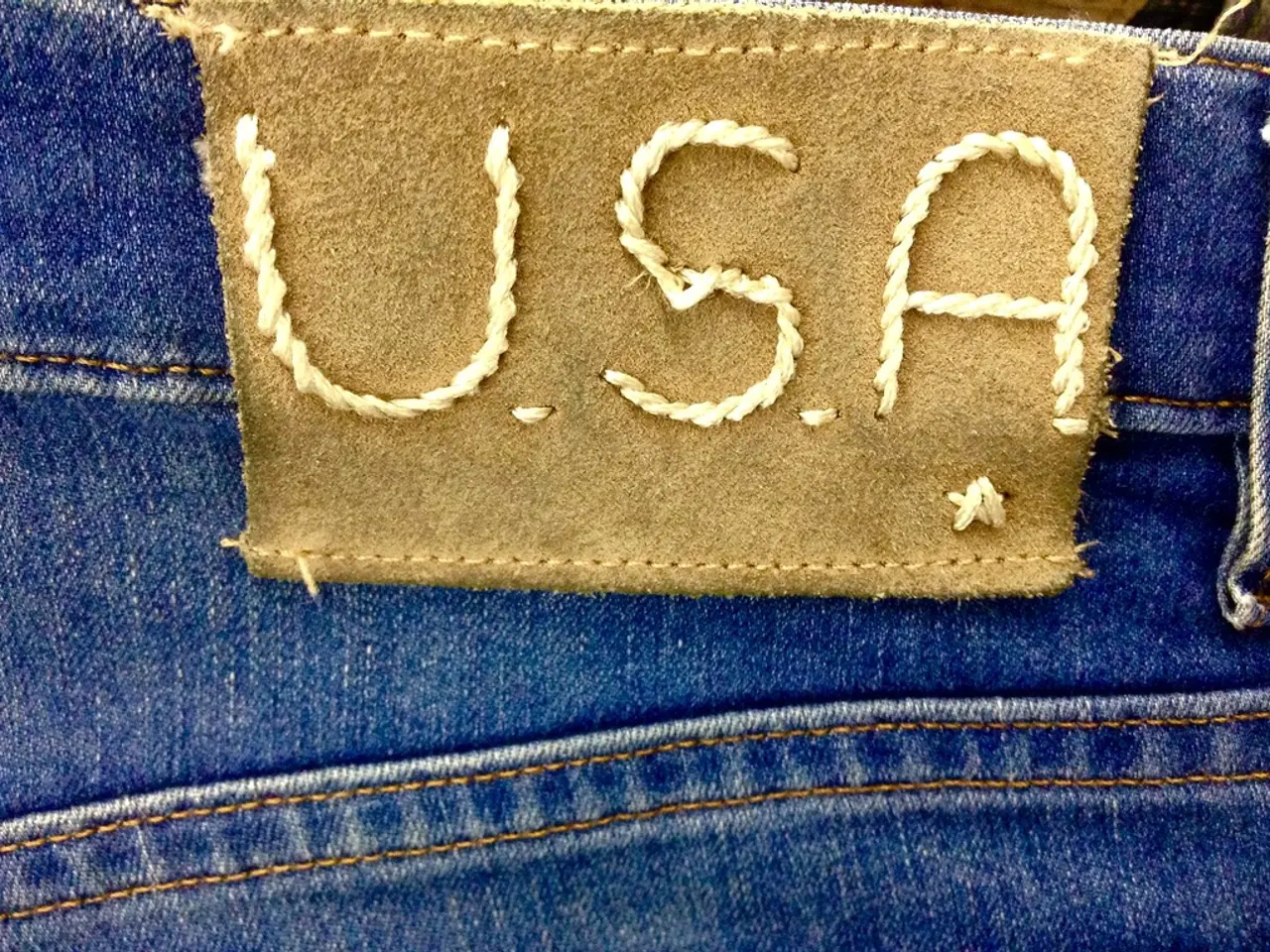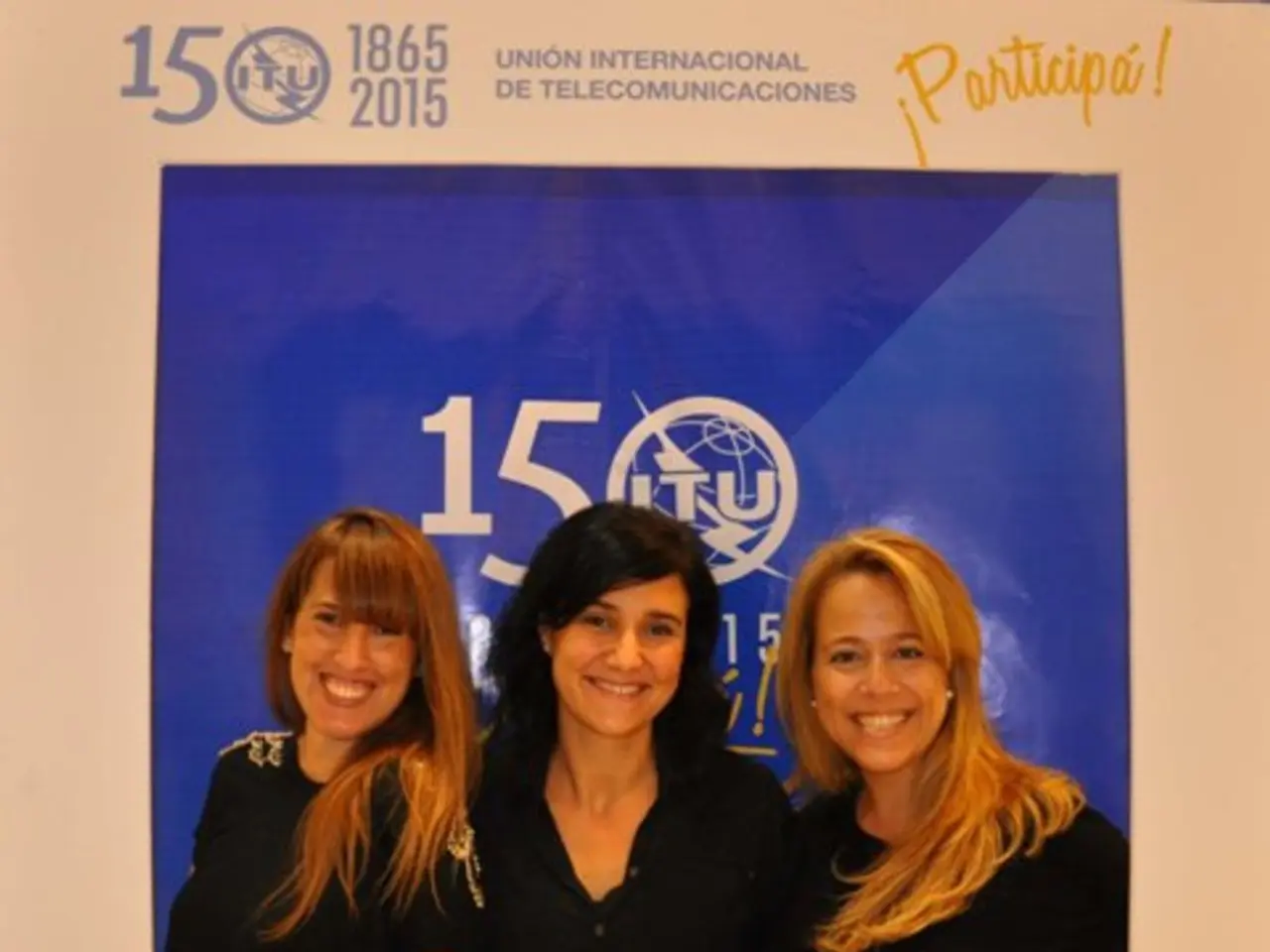In the face of growing ecological damage in the fashion industry, these modest clothing manufacturers adopt sustainability practices
The United Nations Environment Programme (UNEP) has launched the InTex programme, a groundbreaking initiative aimed at transforming the textile industry from a linear "take, make, dispose" model to a sustainable, circular model. The programme, which focuses on small- and medium-sized enterprises (SMEs) in five nations - India, Indonesia, Kenya, South Africa, and Tunisia - is making significant strides in promoting better data use and circular business practices.
One of the companies benefiting from the InTex programme is Tunisia's Gonser Group, a clothing manufacturer that produces around 600,000 garments annually. Bilel Ben Miled, the head of sustainability at Gonser Group, worked with UNEP to assess the environmental footprint of the denim they produce. The assessment revealed the need for resource efficiency and waste reduction in the factory's operations.
In response, Gonser Group developed an energy management platform to track water, steam, and gas usage in their factory. This platform, expected to launch later this year, aims to help Gonser Group become more resource-efficient. The launch aligns with the UNEP's InTex programme's emphasis on circularity and resource efficiency in the textile industry.
Similarly, Cape Union Mart, a South African outdoor apparel retailer, owns a factory on the outskirts of Cape Town that produces approximately 190,000 puffer jackets annually. In 2021, Cape Union Mart partnered with UNEP to reduce the environmental footprint of their jackets. The platform developed as part of this partnership will help the company spot waste, particularly important in a country facing severe water shortages.
Clothing production is a significant driver of climate change, a voracious consumer of raw materials, and a source of pollution in some places. By moving the textile industry away from a linear business model and towards one that emphasizes durability, recycling, and minimal resource use, known as circularity, the InTex programme aims to address these issues.
The shift towards circularity in the textile industry could generate up to US$700 billion in business opportunities by 2030, according to the Ellen MacArthur Foundation. Key strategies under InTex include encouraging circular business models, providing SMEs with tools and training, supporting clean energy adoption, and facilitating waste reduction.
Since its launch, InTex has helped over 30 SMEs develop customized sustainability strategies and trained over 230 company representatives in circular practices, fostering capacity building and knowledge sharing. The programme is backed by UNEP and funded by the European Commission and Denmark, aligning economic opportunity with environmental goals.
In conclusion, UNEP's InTex advances circularity in the textile sector among SMEs in target countries by enabling data-driven environmental management, upskilling, and adoption of sustainable processes that reduce resource use, emissions, and waste throughout the product lifecycle. This shift not only benefits the environment but also presents a significant economic opportunity for the textile industry.
- Bilel Ben Miled, the head of sustainability at Tunisia's Gonser Group, is collaborating with the United Nations Environment Programme (UNEP) to make their denim production more resource-efficient, aligning with UNEP's InTex programme's emphasis on circularity and resource efficiency.
- The InTex programme, which focuses on small- and medium-sized enterprises (SMEs) in five nations, is making significant strides in promoting circular business practices, such as waste reduction, resource efficiency, and the use of clean energy.
- Scientific organizations, like the Ellen MacArthur Foundation, predict a potential economic opportunity of up to US$700 billion for the textile industry by 2030 if the industry shifts towards a circular model that focuses on durability, recycling, and minimal resource use.
- Clothing manufacturers, like Tunisia's Gonser Group and South Africa's Cape Union Mart, are working with UNEP to reduce their environmental footprint, contribute to climate change mitigation, and adopt sustainable practices in domains such as manufacturing, lifestyle, fashion-and-beauty, and environmental-science.
- The InTex programme is not only fostering environmental sustainability but also financial opportunities; it is backed by UNEP and funded by the European Commission and Denmark to provide SMEs with the tools and training necessary to adopt circular practices.
- By transitioning the textile industry to a circular economy, where resources are kept in use for as long as possible, through a combination of design, material innovation, and business model development, UNEP's InTex programme aims to tackle issues like climate change, pollution, and the depletion of biodiversity.




